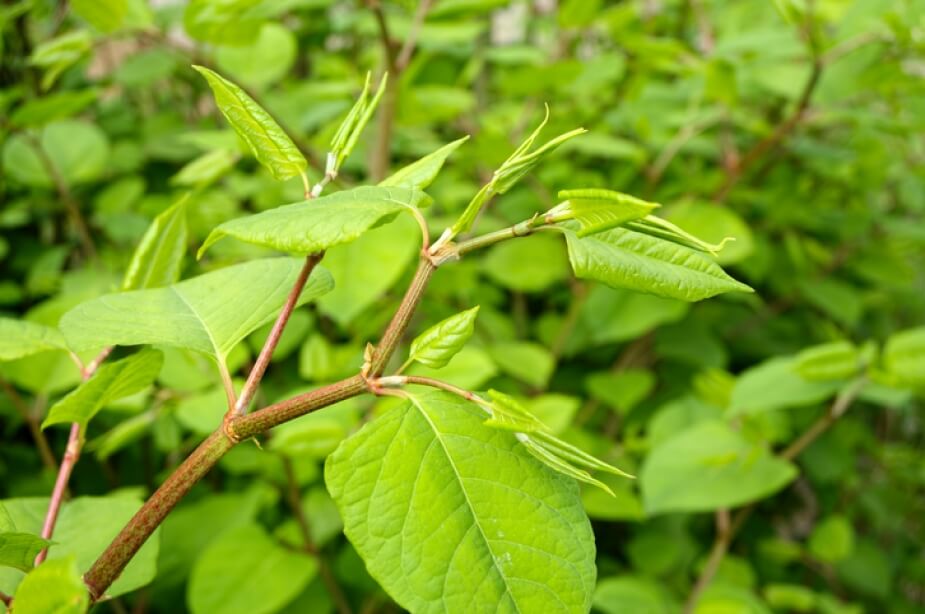Japanese Knotweed 2018 Update
The Court of Appeal in Network Rail Infrastructures Ltd v (1) Williams and (2) Waistell [2018] EWCA Civ 1514 made a landmark ruling on 3 July 2018 concerning Japanese Knotweed.
Japanese Knotweed is a pernicious plant which can cause damage to buildings. It is an offence under section 14(2) of the Wildlife and Countryside Act 1981 to plant or otherwise cause it to grow in the wild. It is also classed as “controlled waste” in Britain under part 2 of the Environmental Protection Act 1990 and requires disposal at licensed landfill sites.
Some mortgage lenders will decline borrowing to purchase a property with the presence of Japanese Knotweed.
In the Network Rail case, two individuals whose properties had become infested by Japanese Knotweed which had spread from Network Rail’s neighbouring land successfully sued Network Rail in nuisance and obtained compensation from the company. That was so even though the Japanese Knotweed had not yet caused any damage to the buildings on their land.
The Court held that the mere presence of the plant imposes a burden on a landowner to have the “controlled waste” removed by a licensed organisation, which can be an expensive and lengthy process, and that burden gives rise to a claim against the neighbour from whose land the plant originated.
This case confirms that allowing Japanese Knotweed on your property to spread to your neighbour’s land will expose you to the risk of a nuisance claim and, moreover, that claim can be brought even though your neighbour’s property has not suffered any actual damage. That creates a real problem for landowners who may face claims that they are entirely unaware of. It also indicates a hard line approach taken by the courts aimed at making landowners take every possible measure to stop the spread of the plant.
For further information please contact John Wagtsaffe.
Please note the contents of this blog are given for information only and must not be relied upon. Legal advice should always be sought in relation to specific circumstances.

